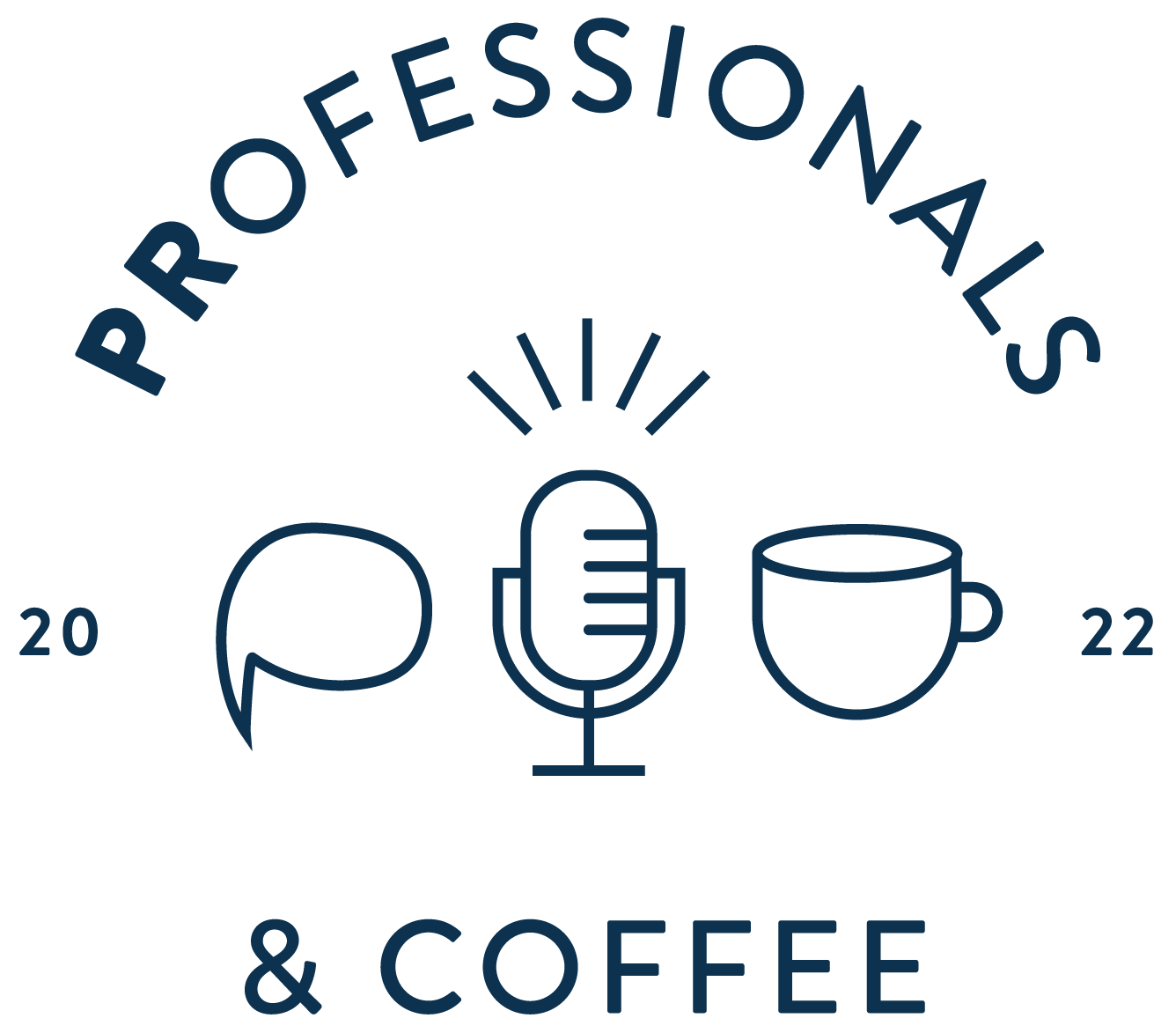Written by Ravjeet Boparai
Congratulations! You’re thinking about pursuing a career in public relations, and are looking for a program to enroll in. Four years ago, I was in your shoes. I wanted a career change from public policy into communications. I was brainstorming which Canadian institutions would provide me with the right tools and knowledge to set me up for a career in communications/public relations.
Whatever the reason or cause for wanting to enter into the world of public relations, there are a few things to consider and research when it comes to choosing the right program:
- Length and duration of the program
- Admission requirements
- Online courses vs. attending classes in person
- Does it have a co-op program
- Which courses are offered?
- Tuition fee
Length and duration of the program
Typically, a bachelor’s degree is a four-year program. On the other hand, a certificate program can be completed much quicker, anywhere from eight months to two years, because it has a smaller course load. A Master’s degree would take around two years to complete. Depending on your time and availability, you may choose to enroll part-time or full-time, which affects the time it will take to complete the program. I decided to do a certificate program that I could complete within a year. I was eager to start my career in communications.
Admission Requirements
The admission requirements for a public relations program offered in Ontario Colleges and Universities require either an Ontario Secondary School Diploma (OSSD) or equivalent, including a senior English and math credit. For programs offered as graduate certificates, either an undergraduate degree, college diploma, or you must identify as a mature student with a high school diploma and four years of work experience in the related field of study. Since I had obtained my Bachelor’s degree in sociology from Wilfrid Laurier University already, I only needed to provide my university transcript for admission to The Chang School of Continuing Education at the Toronto Metropolitan University program.

Online courses vs. attending classes in person
When it came time for me to enroll, the COVID-19 pandemic had entered the picture. I had to pick a program that would be available entirely online. Luckily, Toronto Metropolitan University was making the transition to offer certain programs online at that time, and the public relations certificate program was one of them. I could attend all of my classes via Zoom and access all course materials online through TMU’s student portal. Now, most Canadian institutions offer a mix of online and in-class courses making it more accessible.

Does it have a co-op program?
Not all programs offer co-op as part of the curriculum. It is important to consider whether co-op is something you want as part of your education experience. A co-op is a great option to help get your foot in the door, create a foundation of work experience to build on, network and add to your resume. Co-op is usually a paid position. My program did not offer co-op, which I was okay with because I decided to volunteer to build experience. I joined the Canadian Public Relations Society of Toronto’s Student Steering Committee as a Student Representative. In my role, I helped plan social events, and wrote various social media posts and blogs for the CPRS website.

Which courses are offered?
Every program has a group of core courses that cover the fundamentals, theories and practices of public relations. Students also have the opportunity to take elective courses for credits towards graduation. Currently, the public relations program at TMU has 7 required core courses and the option of taking 2, 19.5-hour electives.
Tuition Fee
The rule of thumb for tuition fees is that the more courses you take, the higher the cost per semester. For my program, the fee also depended on the duration of the course. Some courses were 19.5 hours, while others were 39.0 hours. Since I was enrolled in the program during the pandemic, my tuition fee for each course was less than it is now. They varied from $489.36 for the 19.5-hour elective course to 862.44 for the 39.0-hour required course. Most educational institutions offer scholarships and financial aid. Location is another factor in tuition costs. Schools in larger busier cities will cost more to attend.
Public relations is a conglomerate of various sectors such as media relations, government relations, reputation and brand management, internal communications, etc. It is an exciting field of study and work. Whichever program you decide to enroll in, make sure it is one that best fits your needs and wants.

